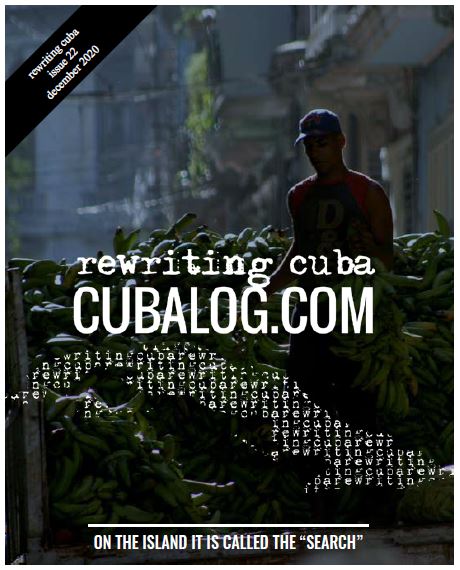Download the bulletin Here

As in other countries, the arrival of the Covid-19 pandemic in Cuba resulted in not only impacts on people’s health; it also exacerbated several of the already existing problems. In the case of Cuba, the health crisis added to the country’s pre-existing economic problems, while also triggering a crisis of severe shortages of food and basic necessities. This is not an unforeseen problem, between 2011 and 2016 state investment in agriculture corresponded to a fifth of what was invested in tourism, however it has been especially serious that the shortage has come in the midst of a pandemic that has put the health and income of the people on the island at risk.
In the midst of a pandemic and facing the shortage of food, those who are in charge of cultivating the land, the guajiros, are facing the challenge of producing food without the machinery necessary for its cultivation, and in many cases, even without the animals that could fulfill that function. If they manage to overcome this first obstacle, they must submit to the Cuban regime’s restrictions on the sale of the products they grow: reserving part of the production to sell it to Acopio, the state institution in charge, at prices that are lower than the market rate. If they ignore this mandate, the farmers risk being hit with administrative and criminal sanctions that include the
expropriation of their lands.
The outlook for consumers looking for essential items in stores is no better. As a measure to mitigate the crisis, the Díaz-Canel government has allowed some stores to start selling goods using the “Freely Convertible Currency” or MCL. To have access to these products the consumer had to pay with foreign currencies. However, this measure is far from being a solution, since neither the stores that take Cuban Pesos nor the stores using MCL have been able to provide enough to satisfy the demand for
basic products. Furthermore, this has created deep inequalities between the minority who have the privilege of accessing remittances from abroad and those that do not, since only the former have access to the MCL shops.
In the face of the crisis, Cuban men and women have had to use their creativity to try to replace the missing products. In the absence of toothpaste, they have resorted to baking soda and soap in order to maintain minimal hygiene conditions. Faced with the shortage of chicken, they have been forced to pay the surcharge from resellers or to buy pork, the only meat available in stores, for twice its usual price.
Added to all of the above are the difficulties derived from state repression that the regime has not suspended even in the midst of the current health and food crisis. The long lines to enter the stores have police surveillance and individuals, the coleros (people who hold places in line for others), who have not hesitated to use force in the face of conflicts that arise between those who are waiting. In addition, Cubans are subject to the surveillance of the authorities, who do not hesitate to accuse any person who exceeds the permitted quantity of regulated products in their possession as a “hoarder.”
In this issue of Rewriting Cuba, Cuban men and women tell us about the difficulties they have had to face in order to produce and obtain food and other basic necessities on the island during the pandemic and while also circumventing the repressive measures of the Cuban regime.
Download the bulletin Here

Leave a comment